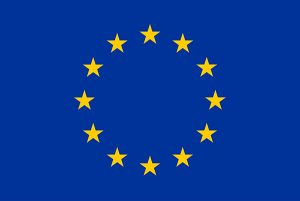DAISIE investigates the gendered impacts of policies aimed at extending working life (EWL). The project has four research objectives: Analyse EWL policies from a gender-sensitive perspective; Trace intra-national continuities and change in gendered employment and family formation patterns over time; Assess the current working conditions of the 50+ group; Explore the wellbeing and health issues faced … Read more
TRISP develops structural household life-cycle models in macroeconomic environments to evaluate the effects of inequality in income, wealth, hours worked and consumption on welfare, and to quantitatively decompose the trends in inequality into their various sources. We then use these models to evaluate the impact of fiscal and monetary policies on inequality and to characterize … Read more
PII investigates the argument that the underlying driver of populism is lifetime shifts in economic inequality, caused by on-going economic transformation through technological change and import competition. The underlying dynamics are hypothesised to display similar patterns of change across countries. However, the pattern of populist attitudes may differ, depending on how such long-term change can be … Read more
IMCHILD analyses: How circumstances in childhood affect influential decisions which mark individuals’ transition to adulthood (educational and occupational choices, family formation etc.); How these decisions translate into social and economic outcomes (e.g. labour market performance, well-being, (early) retirement decisions) at later stages in life. We aim to identify causal mechanisms via which social and economic … Read more
CRITEVENTS studies the impact of two critical life events – job loss and union dissolution – on the life trajectories of adults and their children. The main objectives are to understand: How job loss and union dissolution contribute to the accumulation of (dis)advantage over the life course; What mechanisms explain the (unequal) impact of these … Read more
Dynamics of Inequality Across the Life-course (DIAL) is a multi-disciplinary research programme consisting of thirteen European projects. The projects examine the sources, structures and consequences of inequalities in contemporary societies. The programme is funded by NORFACE for the period 2017–2021.

This project has received funding from the European Union's Horizon 2020 research and innovation programme under grant agreement No 724363
Interested in learning more about the dynamics of inequality?
Sign up to stay informed about upcoming publications, conferences and workshops.
We will send you a quarterly report on activities across all research projects. For more information on how we store your data, please see our Privacy Policy.
